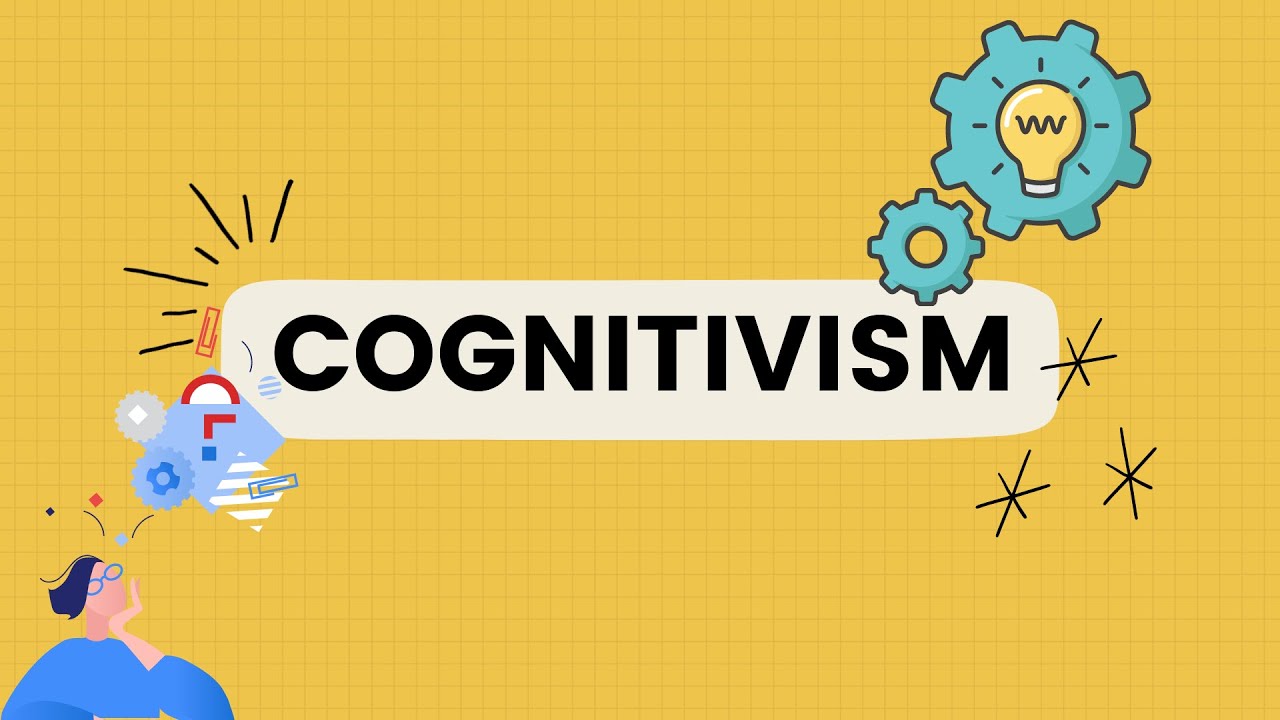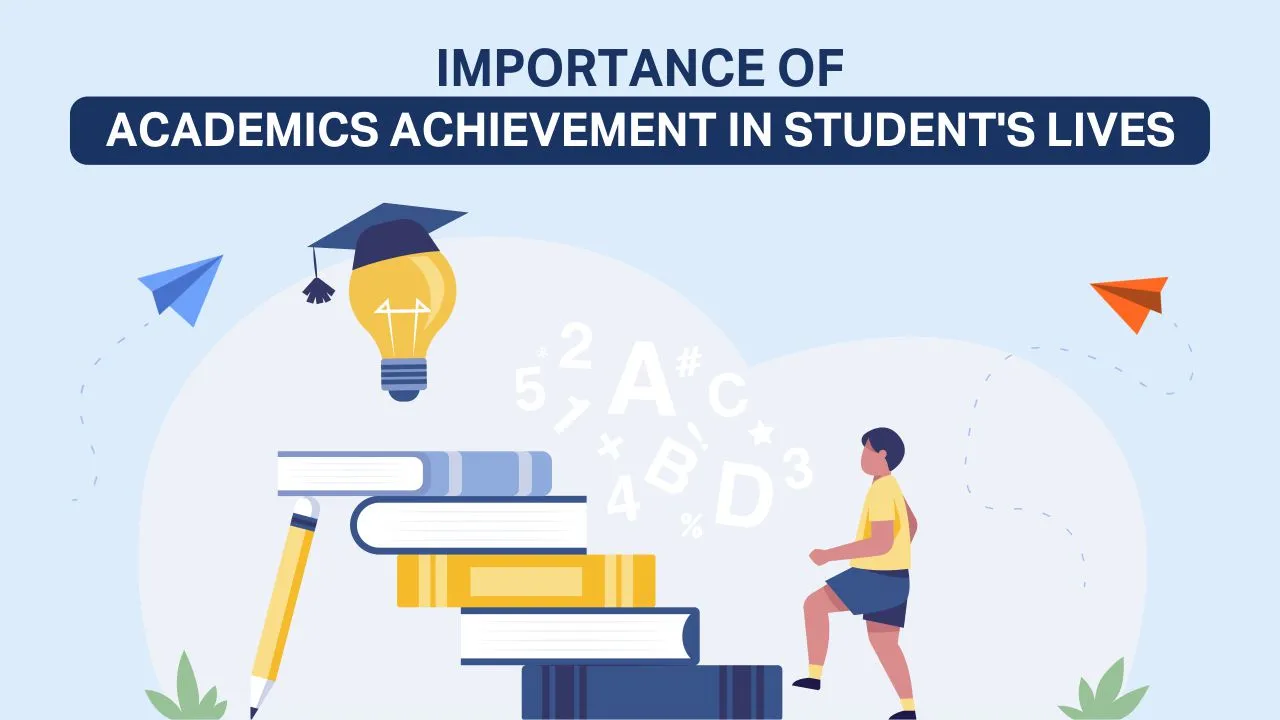The cognitive theory is a psychological mode of thought that looks at areas scientifically instead of logically (in the previous three types). It stresses the role of mental states within in both learning and behavior.
Key Concepts of Cognitivism
Schema: structures that organize and interpret information
Processing Information: The manner in which information is encoded, stored and recalled from memory.
Cognitive Load — The amount of mental energy used when processing information.
Metacognition: the awareness and understanding of one’s own thought processes.
Implications for Education
Unlike behaviorism, cognitive theory has deeply influenced education practice — shaping how teachers plan instruction and assess student learning. Here are some specific takeaways:
Meaningful Learning – Establishing links between new information and the existing knowledge
Active learningWorking to promote student consideration / working activity
Metacognitive Strategies: Instructing students on how to best learn, including time management, note taking and self-assessment.
Differentiated Instruction: Adapting the instruction for all learner.
Authentic Assessment — Employing tasks and problem-solving exercises similar to those one would encounter in the real world
Challenges and Limitations
Individual Differences — Cognitive processes vary among individuals, making it hard to create general instructional strategies.
Inherent Complexity of Mental Processes: The human mind is intricate, and capturing the complexity of cognitive processes can be difficult.
Cognition Heavily Emphasized: Although cognition can impact learning, not considering the extent to which emotion and social context affect learning as well.
The Future of Cognitivism
Cognitive theory has continued to change as technology has developed and improved. Innovative educational technology is being developed with the help of cognitive science research, including intelligent tutoring systems and virtual reality learning experiences. When educators understand the various cognitive processes associated with different facets of learning, we can develop more effective and engaging instructional strategies.



